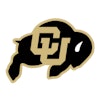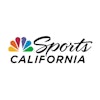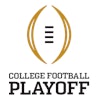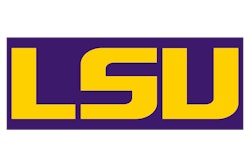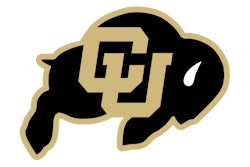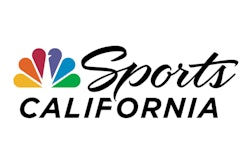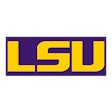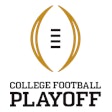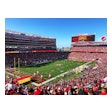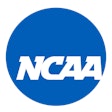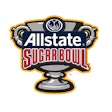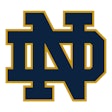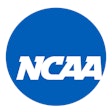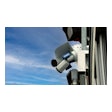Copyright 2018 Virginian-Pilot Companies LLC
All Rights Reserved
The Virginian — Pilot (Norfolk, VA.)
Kids and teens are seeing a lot of junk food ads while they're watching sports, potentially creating associations between athletic feats and unhealthy fare, according to a new study.
The majority of advertisements during the 10 sporting events most watched by viewers ages 2 to 17 featured products that are unhealthy, according to research published in the health journal Pediatrics. Sports featuring athletes required to be at the height of their physical prowess accompanied by commercial breaks pushing junk food (and sometimes including the best athletes as pitchmen) inspired lead researcher Marie Bragg, assistant professor in the Department of Population Health at New York University School of Medicine, to dig into the topic.
"The idea that we would watch these really physically fit athletes perform these amazing physical feats and then go to a commercial break and see ads for chips and fried chicken and sugary beverages — the contradiction in there was just so striking to me that we wanted to get a sense of really what does the landscape actually look like," she said.
In the study, "Sports Sponsorships of Food and Nonalcoholic Beverages," the researchers evaluated the quality of foods and drinks using the Nutrient Profile Model, a system used to identify products that can be advertised to children in Britain and Australia. The study used Nielsen audience data for televised sports events in 2015.
PepsiCo agreed in 2011 to pay $90 million per year during a 10-year sponsorship renewal with the NFL, according to the study, and Coca-Cola and McDonald's spent about $20 million each to sponsor the Olympics. The ads may send confusing signals to children, and adults, watching sports, Bragg said. The next research step needed is to look into whether kids eat more of the unhealthy products if they see they are featured in ads during sporting events.
"It sort of sends the message to people that physical fitness is important or sports is part of this country's landscape and that junk food fits right in there," she said. "That mixed message, I think, is problematic for diseases like obesity and diabetes, especially among young people who are watching these programs."
Chips and soft drinks have long been standards in sports advertising. But the companies behind those brands have increasingly come under fire for the nutritional properties of their products and the impact of advertising them to children.
Eighteen companies including Coca-Cola, PepsiCo, McDonald's and General Mills have signed a pledge as part of the Children's Food and Beverage Advertising Initiative to refrain from pushing unhealthy products to children younger than 12. Ten of those companies are sponsors of at least one sports organization, according to the study.
The NFL didn't immediately respond to a request for comment. Sports leagues have acknowledged their sway over kids by creating programs such as the NFL's Play 60 program, through which the league has committed more than $350 million to youth health and fitness programming. Other leagues have done the same. And the costly nature of sports sponsorships show companies believe the ads are worth it.
Read More of Today's AB Headlines
Subscribe to Our Daily E-Newsletter
Terms and Conditions Privacy Policy










